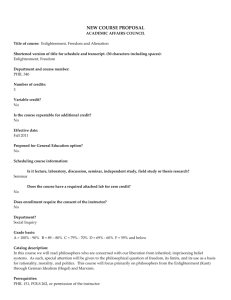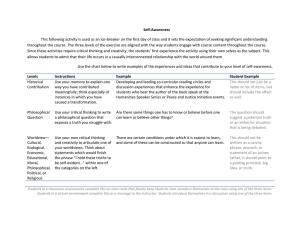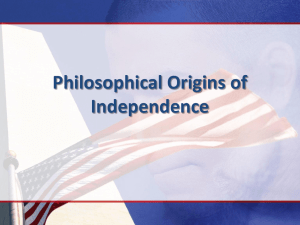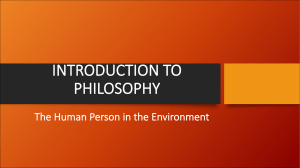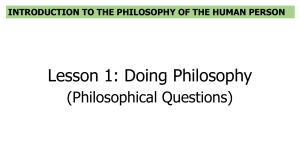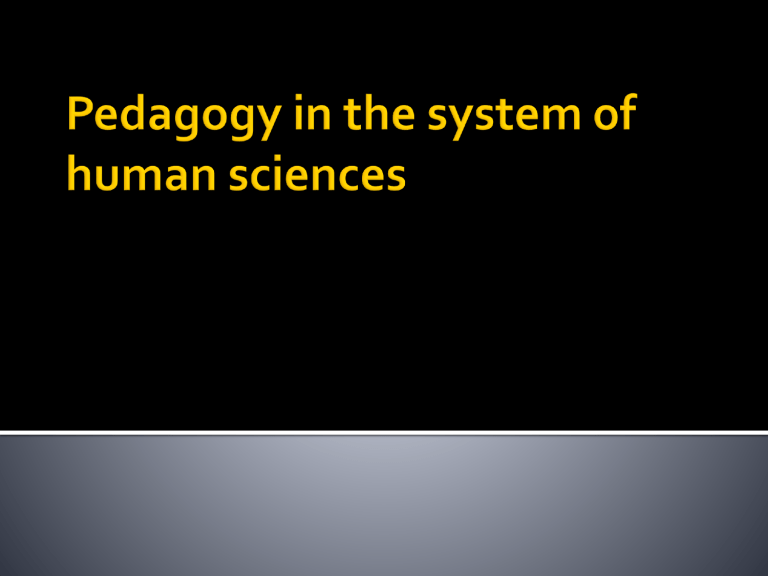
-study of scientific cognition and transformation of the world; -a system of principles and ways of theoretical and practical activity organization and construction; -combination of original philosophic ideas put to the basis of this or that science development Pedagogics as any other science recognizes existence of hierarchy of methodologies, where four levels are distinguished: philosophical ,general scientific ,specific scientific, and technological. Philosophical method (or philosophical methodology) is the study of how to do philosophy. A common view among philosophers is that philosophy is distinguished by the ways that philosophers follow in addressing philosophical questions. There is not just one method that philosophers use to answer philosophical questions. Theoretical provisions and approaches used in all or many sciences. • Philosophical: • dialectic –materialistic method, abstraction and concretion, comparison. • Sociological :expert assessments , rating, questionnaires • Psychological: sociometry , testing. • Mathematical: Arrangement ,registration , scaling ,correlation Principles, methods , and techniques used in a particular sciences or in a certain section of science. • Analysis of literature , archive materials , and documents. • Analysis of activity products. • Pedagogical simulation • Imaginary experiment • Comparative-historical method. Methods and techniques of scientific data ad processing there of. The fourth level comprises exploration methods and techniques, facilitating acquisition of reliable empirical material and primary processing there of. At this level the methodological knowledge is of the regulatory nature.





